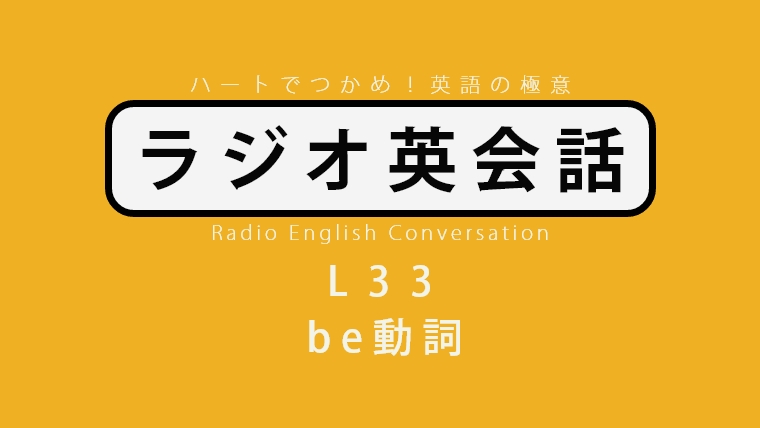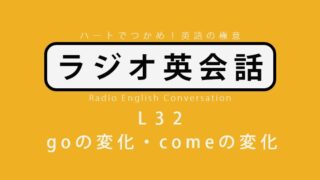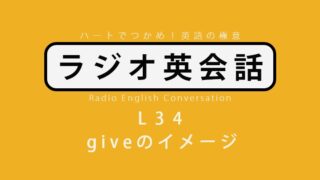NHKラジオ英会話のディクテーション「be動詞」L33 2022/5/25

ディクテーション
講師陣の英会話を書きとり(スクリプト)
大西先生、クリスさん、ろーざさんの英会話部分を書きとってみましょう!(大西先生のギャグもできるだけ書きとります。)
Opening
Ohnishi: ろーざさん、大丈夫ですか?泣いているじゃないですか。
ラジオ英会話、ハートでつかめ英語の極意、講師の大西泰斗です。
Roza: そうなの、今日も先生と同じ空間にしばらく居なきゃいけなくて。Hey everyone. Akino Roza here.
Chris: Chris McVay here. No, no, no more tears. Let’s relax and enjoy doing today’s lesson, OK?
Ohnishi: さぁそれではさっそく始めていきましょう。
ダイアログ和訳の後
今日はありませんでした
Practice 9:55
Chris: OK, guys. Let’s practice. Now today, it’s the verb to be, and you know, the verb to be has no real meaning. It’s just a connector between the subject and the explanatory complement. So, let’s get started.
Roza: And remember, don’t think in Japanese.
Chris: Hum, so, after me, “We’re happy.”
We – equals – happy, and in the middle, we’ve got this weakly pronounced connector, so we’ve got “We’re happy.” Once more, “We’re happy.”
Roza: Next example, “He was sad.”
Same thing here except in past tense, “He was sad.”
Chris: OK, “Chris is in the garage.”
Chris – in the garage – Chris is in the garage, so be careful with the weak pronunciation. One more time, “Chris is in the garage.”
And exactly the same for the last two, “The party will be on Saturday.”
“I’ll be there by ten.”
Roza: Fantastic work, guys.
Chris: Great.
equals と言ってますね。we を単なる記号のように考えているのだと理解しました。
Ending
・・・・・
Roza: Hey everyone. I hope you enjoyed today’s lesson. We’ll see you next time.
Chris: And next time, we’ll bring more fun examples for you to study.
All: Bye.
~ ディクテーションした内容やその解釈などに、聞き間違いや認識違いがある可能性はあります。ご了承ください


